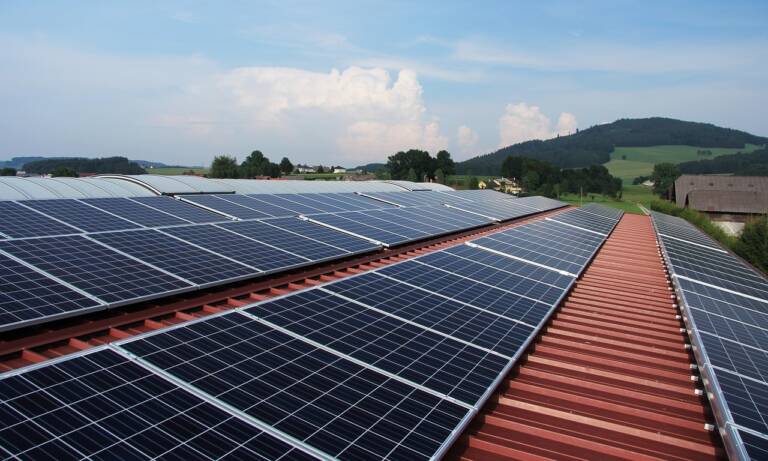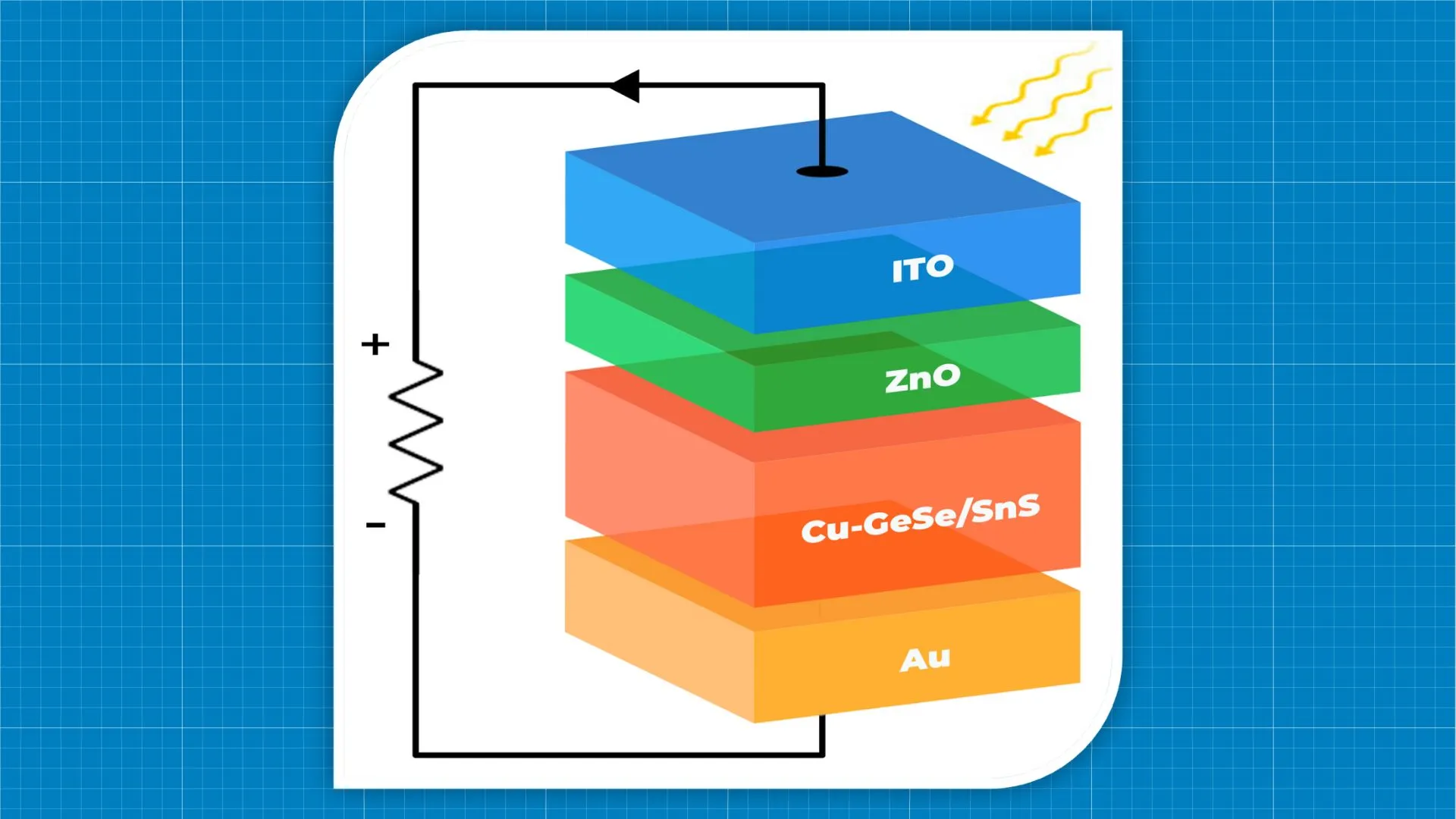New material based on quantum research improves solar panel efficiency by 80%

Researchers at Lehigh University have developed a material with the potential to dramatically increase the efficiency of solar panels.
The research team presented a prototype that uses a quantum material as an active layer in a solar cell. This material showed a photovoltaic absorption of 80% and an external quantum efficiency of up to 190%. This would be a magnificent revolution for the alternative energy sector, even if the industrialization process could be particularly long.
This research was funded by the US Department of Energy and the results were published in Science Advances
This feat is notable because it surpasses the theoretical limit set by Shockley-Queisser efficiency for traditional silicon-based solar cells. In comparison, conventional solar cells have a maximum EQE of 100%.
“This work represents a significant leap forward in understanding and developing sustainable energy solutions. It highlights innovative approaches that could redefine the efficiency and affordability of solar energy in the near future,” said Chinedu Ekuma, professor of physics at Lehigh University and author of the research.
The dramatic improvement in material efficiency comes down to a unique characteristic called “intermediate band states.” These intermediate band states refer to specific energy levels within the electronic structure of the material, positioned to be ideal for converting light into energy.
In this new material, intermediate band states allow it to capture photon energy lost from traditional solar cells. Despite EQE figures of up to 100%, traditional cells lose photonic energy through reflection and heat.
The team exploited “van der Waals holes,” atomically small spaces between layered two-dimensional materials. They inserted zerovalent copper atoms between layers of a two-dimensional material composed of germanium selenide and tin sulfide. This incredibly increased the efficiency of the cell.
Consider two thin (two-dimensional) sheets of material with tiny gaps called van der Waals gaps. To make them more efficient, the researchers inserted zerovalent copper atoms into these gaps, increasing the cell's efficiency.

Schematic of thin film solar cell with Cu-GeSe/SnS as active layer. (Source: Ekuma Lab/ Lehigh University)
An advanced prototype created
After extensive computer modeling of the system, Ekuma developed the working prototype
“Its rapid response and improved efficiency strongly indicate the potential of Cu-intercalated GeSe/SnS as a quantum material for use in advanced photovoltaic applications, offering a route to improve efficiency in solar energy conversion,” he said. According to Ekuma, it is a promising candidate for developing next-generation, high-efficiency solar cells.
Integrating this new material into existing solar energy systems will require additional research and development efforts. However, Ekuma stressed that the experimental technique used to create these materials is already very advanced. Over time, scientists have perfected a method that inserts atoms, ions and molecules into materials with precision.
According to the International Energy Agency, in 2023, solar PV alone will account for three-quarters of renewable capacity additions globally. In 2022, solar PV generation increased by 26%, reaching nearly 1,300 TWh. This showed the largest absolute generation growth of all renewable technologies in 2022, surpassing wind for the first time in history.

Thanks to our Telegram channel you can stay updated on the publication of new Economic Scenarios articles.
The article New material based on quantum research improves solar panel efficiency by 80% comes from Economic Scenarios .
This is a machine translation of a post published on Scenari Economici at the URL https://scenarieconomici.it/nuovo-materiale-basato-sulla-ricerca-quantistica-migliora-lefficienza-dei-pannelli-solari-dell80/ on Thu, 11 Apr 2024 09:00:40 +0000.
